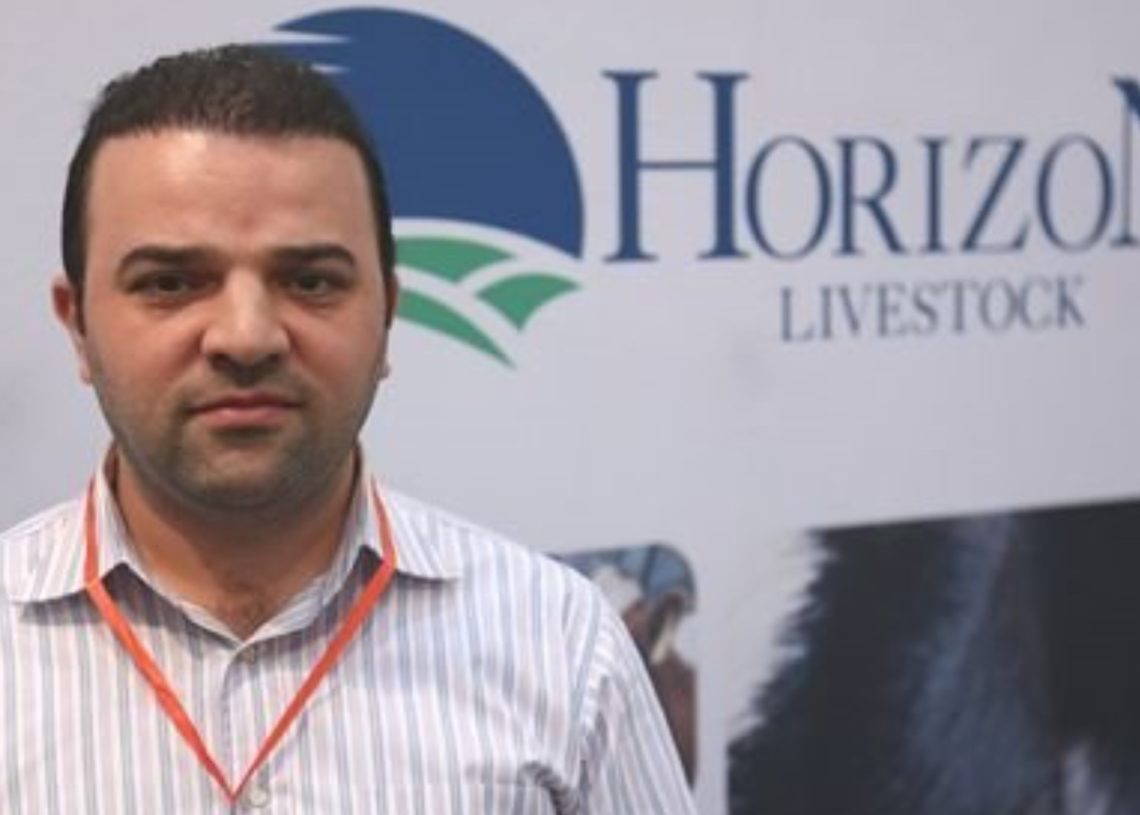The Turkish intelligence agency (Milli İstihbarat Teşkilatı, MİT) turned the nephew of outspoken critic of Turkish President Recep Tayyip Erdoğan into an asset and used him as an informant about the group that is critical of the current government in Turkey.
According to official documents, Tavus Bin Keysan Gülen, a nephew of US-based Turkish Muslim scholar Fethullah Gülen, was apparently recruited by the intelligence agency some time in September or October 2016.
“People who identified themselves as MIT agents with the [first] names of Sedat and Salih texted me from a number that I don’t remember now but that registered on my phone under the name of Sedat Bey, and once a month we met at the place they designated in their messages. They asked me questions about the organization [the Gülen movement], and I answered their questions to the best of my knowledge,” Tavus told the police on January 17, 2018.
“My last meeting with these individuals was on May 3, 2017,” he added.
Tavus claimed that he volunteered to share the information with the MIT agents and did not expect any reward although MIT promised him a monetary compensation if he provided substantial information.
His statement was made in Sakarya province, where he was detained by the police. Surprised that he was placed under police custody, he decided to reveal his links to MIT when the police asked if he wanted to add anything to his statement after wrapping up the interview.
In a 34-page statement, a copy of which was obtained by Nordic Monitor, Tavus explained in detail how he went to the United States to meet with his uncle Fethullah and other relatives in the Gülen family; provided details from private meetings; and gave information on aides of the 79-year-old dissident who has been living in self-exile in Pennsylvania for the last two decades.
Tavus, a 44-year-old businessman, has worked for various business ventures, of which many went bust, according to his statement. He was employed as a manager in firms owned partly by his father-in-law İsrafil Çalışkan in Turkey as well as in the United States. When he was in the US, starting in February 2012, working as an assistant manger at his father-in-law’s livestock firm Horizon in Edgewater, New Jersey, he was primarily involved in exporting US meat to Turkey.
The business did not go well when it faced stiff competition, and he had to return to Turkey on May 21, 2013. He continued to work for several companies established by his father-in-law in mining, energy and other sectors. Having failed in various private industry ventures, he turned into the movement for a job opportunity. His kinship with his uncle Fethullah helped him secure a position in a Gülen-affiliated business interest group called the Ankara Independent Industrialists and Businessmen’s Association (HÜRSİAD). He was employed as an accountant there until the business group was shut down by the government in July 2016 along with thousands of other institutions including schools, universities, media outlets and foundations affiliated with the Gülen group.
In his statement Tavus named 20 relatives of Fethullah Gülen and provided information on them. He also named 66 people who were alleged to be affiliated with the movement, prompting the public prosecutor to launch criminal investigations into each and every one of them or list Tavus’s statement as additional criminal evidence against some of the people who were already facing separate charges. On February 15, 2018 public prosecutor Muhammet Emin Gözalan distributed the statement to various Turkish provinces where the people named in Kavas’s statement maintained residence for further legal action.
It appears Tavus believed he could survive the unprecedented crackdown on the Gülen movement in Turkey by cooperating with the intelligence agency. However, he was wrong. His regular meetings with MIT agents did not help him escape the charges filed by the prosecutor on dubious evidence of terrorism. He told the prosecutor that he wanted to invoke Article 221 of the Turkish Penal Code (TCK), called the “active repentance” law, which reduces or nullifies jail sentences of suspects who cooperate with investigators and provide information on the group they are charged with being connected to. That did not work for him, either, and the Ankara Chief Public Prosecutor’s Office indicted him on Gülen links and asked the court to sentence him to 22 years, six months in prison. At the end of the sham trial, he was convicted by the Ankara 29th High Criminal Court and sent to prison for 12 years.

Tavus’s father-in-law, also became an informant and wanted to avail himself of the “active repentance” provision in the law. But the Gaziantep 8th High Criminal Court in January 2020 sentenced to 10 years in prison, with the judges stating that the information he volunteered was not substantial enough.
The Turkish intelligence agency’s infiltration into the Gülen movement is a concern among members of the group. The matter was several times publicly addressed by Fethullah, the movement’s leader, who warned against the shadowy forces within the state trying to criminalize its followers. In a video message posted on his own website in September 2013, he said plots aiming to portray the movement as a criminal network by planting illegal materials in houses and institutions affiliated with the movement were in the works.
“For instance, some people could place weapons or drugs in houses and institutions [affiliated with the movement] to pave the way for legal probes and an enduring smear campaign against the movement,” Gülen said, in an implicit reference to elements in the Turkish intelligence agency, military and police.
Gülen appears to be well justified in his concerns about possible plots against the movement. In fact a plan devised by an illegal group within the Turkish military and uncovered in 2009 suggested that the clandestine group planned to discredit the Gülen movement in ways similar to those described by the scholar. The plot to frame Gülen and his followers fell apart when the people who were involved in the scheme were exposed in the media, prompting criminal charges against the plotters.
Gülen became a target of the Erdoğan government in May 2010 when he openly criticized a campaign by the al-Qaeda-linked Turkish charity group the Foundation for Human Rights and Freedoms and Humanitarian Relief (IHH) to break a blockade on Gaza, which led to the killing of nine Turkish nationals including one with dual US/Turkish citizenship during violent clashes with Israeli troops. In an interview with The Wall Street Journal, Gülen questioned the motives of the IHH and said bloodshed could have been avoided if the organizers had worked through problems with the Israeli authorities. In fact, his interview was later listed as criminal evidence against Gülen in a case launched against the scholar.
The relations between Gülen and Erdoğan went from bad to worse in 2011 when the scholar urged the government to stay clear of military entanglements in Syria and opposed the Erdoğan government’s arming of jihadist groups. Erdoğan openly launched attacks on Gülen in the aftermath of major corruption investigations that were made public in December 2013 and that incriminated Erdoğan and his family members in a sanction busting scheme and other corrupt dealings in government contracts, tenders and land zoning changes. Gülen accused Erdoğan of corruption.
The government crackdown on the Gülen group was intensified after a false flag coup attempt on July 15, 2016 that was orchestrated by the president and his intelligence and military chiefs. The operation was designed to attract the attention of the world and to give the impression that the government was actually battling the coup plotters. The reality was that less than 1 percent of the military was mobilized on July 15 in a rapid response to secure sensitive locations against an imminent terror threat, or for a military night exercise.
Turkish intelligence named former Air Forces Commander Gen. Akin Özturk as the putschist leader, despite the fact that the general was at his daughter’s home and was unaware of developments in the military. The lead prosecutor who investigated coup filed an official document at 1 a.m. recording events that never happened or happened after it was filed, further confirming the fake coup. MIT is also believed to have planted some people affiliated with the movement in various locations on the night of the coup to bolster the view that the coup attempt had been carried out by the Gülen movement.
Nordic Monitor has previously published secret government documents showing how the security of Gülen at his Pennsylvania retreat center was compromised by the Turkish security services.
By: Abdullah Bozkurt
Source: Nordic Monitor



